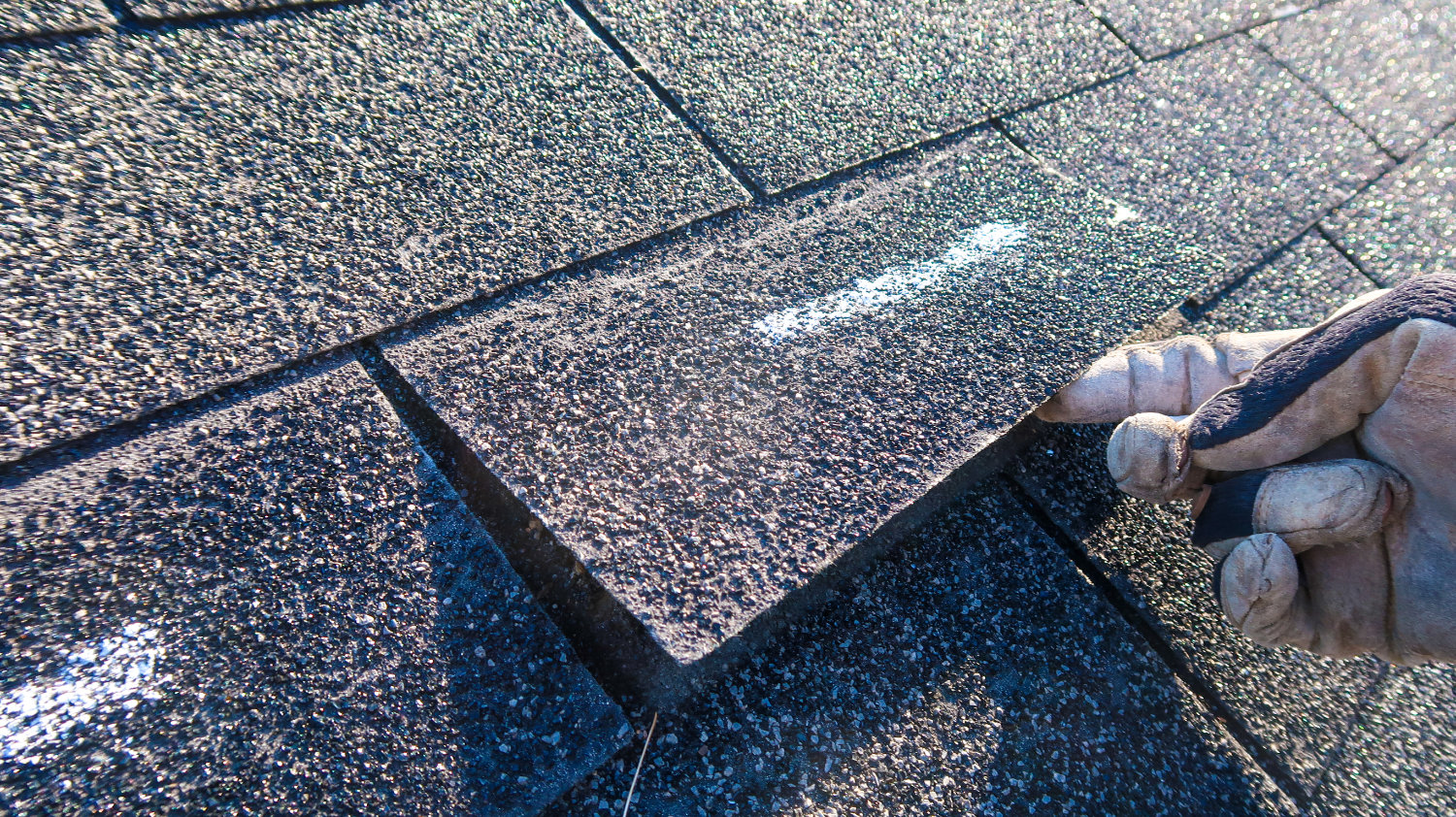Your roof is your home’s first line of defence against the elements, keeping you and your loved ones safe and dry. But constant exposure to sun, rain, wind, and snow takes a toll. That’s why regular roof inspections are crucial. They help you catch problems early, saving you money and stress down the road. But how often should you have your roof inspected and why are roof inspections important?
Why Roof Inspections Are Important
Think of roof inspections as a checkup for your home’s most important protector. They uncover hidden issues like leaks, cracks, or loose shingles before they escalate. Regular inspections prevent water damage, structural problems, and even insurance claims. Plus, they keep your roof in top shape, extending its lifespan and saving you from expensive repairs or replacements.
What Roof Inspections Reveal

A professional roof inspection is like a detective’s investigation, uncovering clues about your roof’s health. They’ll check for:
- Leaks: Caused by damaged shingles, clogged gutters, or faulty flashing.
- Cracks: From age, weather, or structural issues.
- Loose or missing shingles: Often caused by wind, hail, or improper installation.
- Moss or algae growth: Can trap moisture and lead to rot.
- Structural damage: Can result from storms or heavy snow loads.
If any of these common problems are found, don’t delay. Prompt repairs prevent bigger issues and headaches later.
When to Inspect Your Roof?
The ideal inspection frequency depends on your roof’s age, type, the climate you live in, and its overall condition. Generally:
- New roofs: Once a year
- Roofs 10-15 years old: Twice a year
- Roofs 16-20 years old: Three times a year
- Roofs 21+ years old: Four times a year
Remember, inspect your roof after major storms or events that could cause damage.
Benefits of Regular Inspections
Regular inspections offer peace of mind, knowing your roof is in good shape. They also:
- Early detection of problems: Identify problems before they become costly repairs.
- Reduced risk of leaks: Protecting your home from water damage.
- Improve Energy Efficiency: A well-maintained roof keeps your home comfortable and saves on energy bills.
- Extend your roof’s life: Saving you money in the long run.
Choosing a Roof Inspector
- Check the inspector’s credentials: Make sure the inspector is licensed and insured.
- Ask for recommendations: Talk to your friends, family, and neighbours for recommendations.
- Get multiple quotes: Get quotes from several different inspectors before making a decision.
- Ask questions: Don’t be afraid to ask the inspector questions about their experience and qualifications.
Regular roof inspections are a proactive and essential aspect of homeownership. By prioritizing these inspections, you can identify and address potential issues early on, saving you money and extending the life of your roof. Our approachable roof inspectors will clearly explain any problems they find, empowering you to make informed decisions about maintaining your roof’s longevity and health. Remember, a well-maintained roof not only ensures your family’s safety and comfort but also adds value to your property. So, don’t overlook the importance of roof inspections – schedule one today and rest assured that your home is protected from the elements year-round.
If you have any roofing questions or concerns about your roof, or if you’d like to book a professional inspection, roof repairs or cleaning, contact us today. Roofing is our speciality, protecting your home our priority.
FAQ
Q: What happens during a roof inspection?
Answer: A professional will thoroughly examine your roof inside and out, looking for damage, leaks, and potential issues. They will also assess the overall condition of your roof and provide recommendations for maintenance or repairs.
Q: Will an inspection void my warranty?
Answer: Usually not. Some warranties even require regular inspections. Be sure to check your warranty terms or consult with your roofing contractor for specific details.
Q: What if my roof needs repairs?
Answer: Discuss the findings and recommendations with the inspector. Get a detailed report and cost estimate before proceeding with any repairs. It’s crucial to address these problems promptly to prevent further damage and ensure the longevity of your roof.